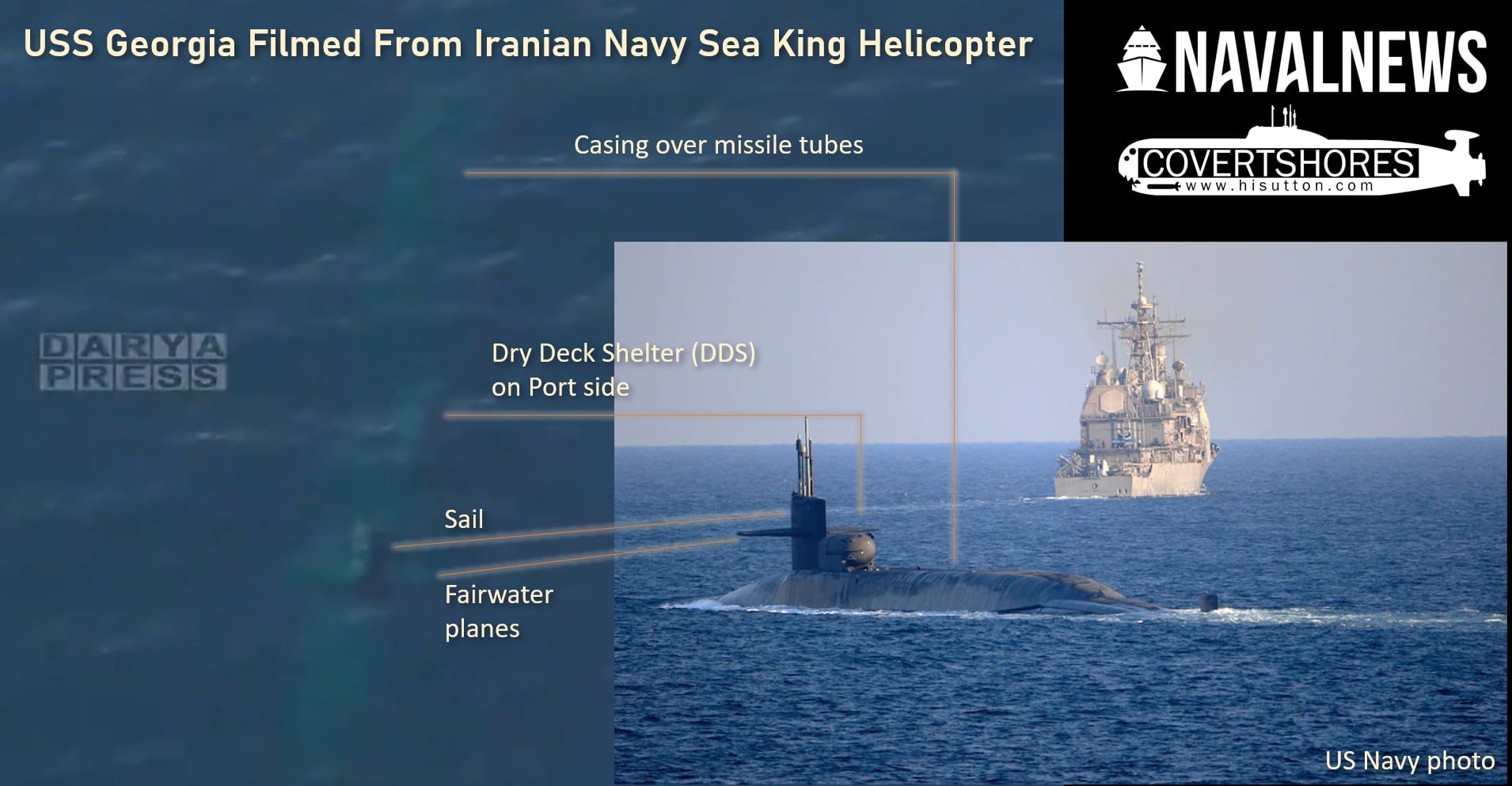Iran has been selective in presenting a conundrum to UK and Korea. The seizure of the MT Hankuk Chemi and its 20-member crew near the strategic Strait of Hormuz has been seen as an attempt by Tehran to assert its demands, just two weeks before President-elect Joe Biden takes office. Iran wants Biden to lift sanctions imposed by outgoing President Donald Trump. Tehran’s critics have long accused it of capturing ships and foreigners as a method of gaining leverage in negotiations.
In Mar 2013, Indonesian corvette KRI Diponegoro conducted your country’s 1st counter piracy training with CTF-151, with HMS Northumberland — that initiative should be continued. The Iranians will get the correct message if affected ASEAN nations start to send naval ships to patrol the region (after 20 Jan 2021).
I understand that the international crew of the MT Hankuk Chemi, from Indonesia, Myanmar, South Korea, and Vietnam, are “safe and healthy,” the Yonhap news agency reported. The ship and crew are being held in the Iranian port city of Bandar Abbas.
The ship’s Busan-based operator, Taikun Shipping Co Ltd, told Reuters there had been nothing to indicate before the vessel was seized that Iranian authorities were probing possible violations of environmental rules. “If it really was marine pollution, as they say, the coastguard was supposed to approach the ship first,” Taikun’s management director, Lee Chun-hee, said by telephone. “But, instead, armed soldiers approached the crew and said they needed to be investigated.”
If Indonesia is not willing to be proactive (after crewmen of Indonesian nationality on MT Hankuk Chemi have been captured by an act of Iranian piracy), it’s only a matter of time before the Iranians act in a way that is more detrimental to Indonesian crews and your country’s merchant ships.... it's the route where many of the Oil Trades coming from. On the other hand, many Asians tend to thread carefully in order not to be suck in on Middle East conundrum.
Still if more Asian tankers being obtain by Iranian authority, I do see just in Somalian waters there will be more Asian Naval fleet come to escort their civilian ships in the Gulf.
In Mar 2013, Indonesian corvette KRI Diponegoro conducted your country’s 1st counter piracy training with CTF-151, with HMS Northumberland — that initiative should be continued. The Iranians will get the correct message if affected ASEAN nations start to send naval ships to patrol the region (after 20 Jan 2021).
I understand that the international crew of the MT Hankuk Chemi, from Indonesia, Myanmar, South Korea, and Vietnam, are “safe and healthy,” the Yonhap news agency reported. The ship and crew are being held in the Iranian port city of Bandar Abbas.
The ship’s Busan-based operator, Taikun Shipping Co Ltd, told Reuters there had been nothing to indicate before the vessel was seized that Iranian authorities were probing possible violations of environmental rules. “If it really was marine pollution, as they say, the coastguard was supposed to approach the ship first,” Taikun’s management director, Lee Chun-hee, said by telephone. “But, instead, armed soldiers approached the crew and said they needed to be investigated.”
Last edited:




